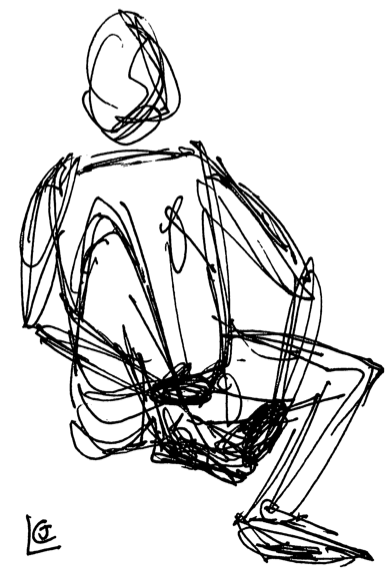I am reasonably fit, however I am efficient at my sport which reduces its ability to develop cardio I would think.
After attending a Fighting Monkey workshop my “standing game” as I refer to it was found to be lacking, the games and practices showed my lacking cardiovascular fitness on the land.
My group (I was resting during this clip)
The day after the course I had a day off in Barcelona before I flew home, I went and had a massage and on walking back through the city I heard a cacophony from a side street, I wandered over and there was a school playground and the kids were out playing, the age group was under 10 years. Multiple games of tag, tick, football were being played and you know what, not one child was bent double out of breath, not a single one.
What I came to realise that the less training we have the more we self-regulate, these children ran and slowed when they were tiring and walked, spun and stopped. When recovered they then started again. Whereas as we gain facts about training we then fit ourselves into these training plans, programmes or whatever. I think if we noticed more we could make more gains, by following a reasonable practice. Play would be a good practice or even Fartlek type play with external governors if we didn’t have a partner/play mates.
Finding someone to play with who is devious and tries to test you but is also kind as you don’t want to break a playmate. Chase other runners in the park and then switch when you catch them. Play hide and seek, I can still remember being giddy with excitement when hiding, and a friend being so close you could touch them and they haven’t a clue you’re there.
That said I sort of knew what would happen at the workshop in as much as my “standing game” would be poor but I wanted to be exposed to the data and then ‘know’ as people often confuse data with knowledge. Knowledge should be based on experience.
Richard Feynman’s videos discuss this knowing the name as opposed to knowing the thing, this can be applied to anything and in this case movement. Over and above the reflexes we were born with ie grasp, suck, swallow etc we learned to roll, crawl, stand and run all without knowing the name of a single muscle, without a rep scheme and without someone to copy as how many parents you see rolling or crawling.
We expand and explore.
Unless we have a specific abstract activity aka sport our “fitness” could maybe best served by this explore, notice and play mission statement.
I will leave you with the thoughts of Richard Feynman, what do you know and what do you just know the name of? Data vs Knowledge.

 Note:
Note: 

